Table of Contents
ToggleDefinition:

The incapacity of a male spouse to conceive a child from a fertile female partner is known as male infertility.
Male infertility has a wide range of causes, symptoms, diagnostic techniques, therapies, and lifestyle adjustments.
Reasons of Infertility in Men:

- Sperm abnormalities: Low sperm count, or Oligospermia: A lower than normal sperm count in semen. Aberrant sperm morphology, or Teratozoospermia: atypically shaped and sized sperm. Asthenozoospermia, or poor sperm motility, refers to improper swimming of the sperm.
- Varicocele: An enlargement of the veins draining the testicles that may cause the testicles to overheat and impair the generation of sperm.
- Hormonal imbalances: Issues relating to hormone levels, such as low testosterone.
- Genetic factors: Genetic illnesses or chromosomal abnormalities.
- Obstruction: When there are obstructions in the reproductive system, sperm cannot ejaculate.
- Testicular illnesses: A number of illnesses can affect the health or production of sperm.
- Environmental factors: Radiation, chemical, or toxin exposure.
- Lifestyle factors: These include drug and alcohol abuse, smoking, obesity, stress, and excessive alcohol intake.
- Medications: By consuming anti-depressant or anti-depressant pills.
- Erectile dysfunction or premature ejaculation as a psychological factor.
Male infertility symptoms include:
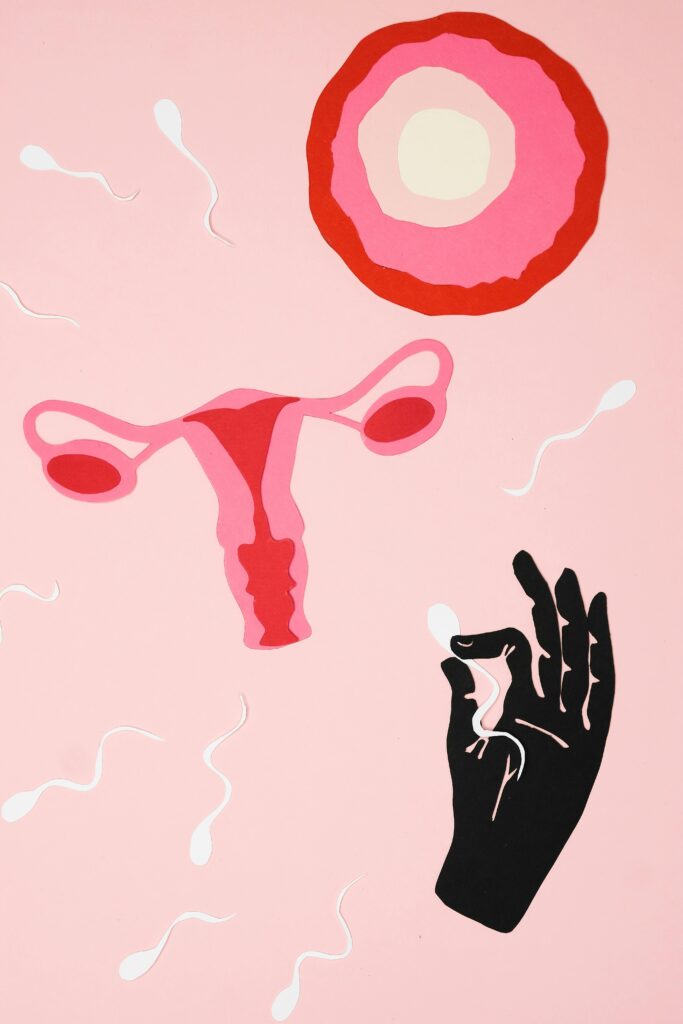
- Difficulty in successful conception with a fertile female partner.
- Issues with sexual function, like ejaculation or trouble keeping an erection.
- Soreness, edema, or masses near the testicles.
Diagnosis of male infertility:
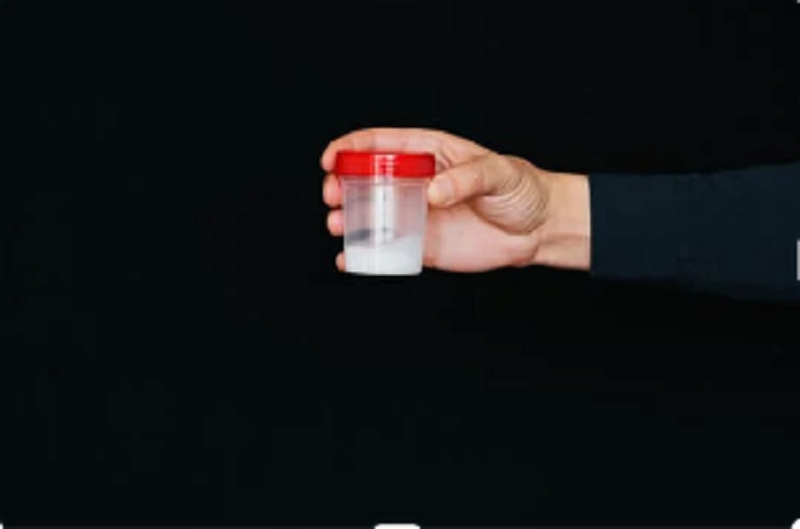
- Medical history and physical examination: This covers past medical history, current medications, sexual preferences, and family history.
- Semen analysis: Assesses motility, morphology, sperm count, and more variables.
- Hormone testing: To detect irregularities in hormone levels.
- Imaging tests: Ultrasound is one type of test used to find abnormalities in the reproductive system.
- Genetic testing: To find any anomalies in one’s genetic makeup.
- Testicular biopsy: To evaluate testicular sperm production.
Treatment options of male infertility:
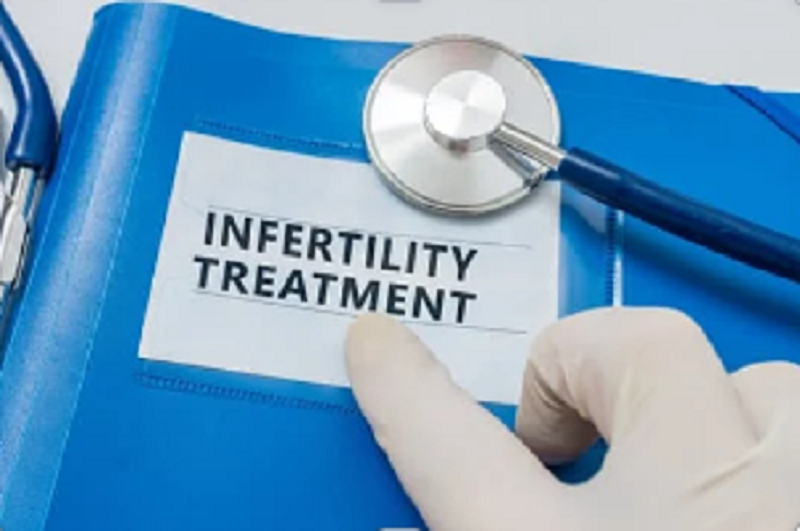
- Medication: To treat infections or balance hormones.
- Surgery: To treat anatomical problems such as blockage or varicocele.
- Assistive reproductive technologies (ART): This includes intracytoplasmic sperm injection (ICSI) for IVF or intrauterine insemination (IUI) for IVF.
- Lifestyle changes: Such as giving up drinking, smoking, keeping a healthy weight, controlling stress, and limiting exposure to contaminants.
Dietary and lifestyle modifications:

- A diet high in fruits, vegetables, whole grains, and healthy fats is considered healthful. Foods high in antioxidants, such as nuts, seeds, and berries, may be advantageous.
- Frequent exercise: Enhances general health and aids in maintaining a healthy weight.
- Restrict your intake of alcohol and caffeine: These substances can harm your ability to conceive.
- Steer clear of smoke and recreational drugs: These habits can affect the development and functionality of sperm.
- Control stress: Methods like yoga, meditation, or counseling may be helpful because stress can impact hormone balance and fertility.
- Prevent exposure to toxins: Reduce your exposure to radiation, chemicals, and environmental pollutants.
Couples who are having trouble getting pregnant should definitely speak with a medical practitioner, ideally a fertility specialist, for an accurate diagnosis and tailored treatment advice.
The age-old Indian medical system known as Ayurveda uses a holistic approach to treat a range of illnesses, including infertility in men. In order to enhance general health and wellbeing, Ayurvedic treatments concentrate on reestablishing harmony between the body, mind, and spirit.
The following are some common ayurvedic cures and therapies for male infertility:
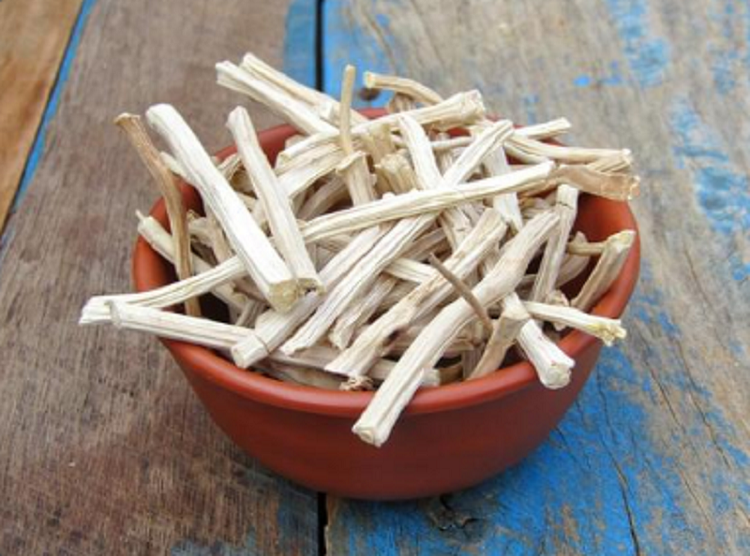
1. Herbal Supplements:
- Withania somnifera, or Ashwagandha, is renowned for its restorative qualities and is thought to increase the quantity, motility, and quality of sperm.
- Shatavari (Asparagus racemosus): This herb has long been utilized to improve sperm production and male reproductive health.
- Gokshura (Tribulus terrestris): May increase sperm motility and count while supporting the health of the reproductive system.
- Kapikacchu (Mucuna pruriens): This plant contains L-DOPA, a precursor to dopamine that may help raise testosterone and sperm quality.
- Vidarikanda, also known as Pueraria tuberosa, is well-known for having aphrodisiac qualities and may increase male fertility.
2. Herbal Medications/Remedies:
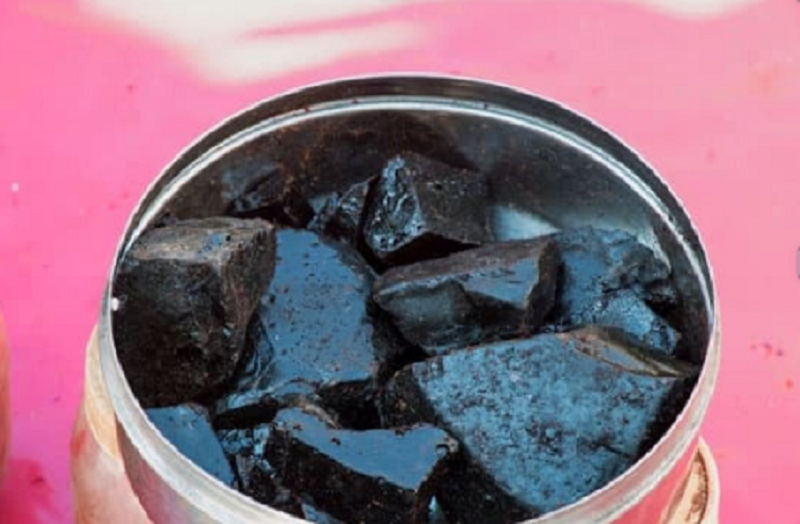
- Chandraprabha Vati: Used to treat infertility in men as well as other reproductive diseases.
- Shilajit: An abundant mineral substance that is thought to improve sperm quality and reproductive health in order to increase fertility.
- Pushpa-dhanwa Vati: A polyherbal and biominial supplement that increases the motility and count of sperm.
3.Nutritional Advice:

- Ayurveda places a strong emphasis on eating a balanced diet that includes fresh produce, healthy fats, and whole grains.
- Reproductive health can be enhanced by certain foods such as milk, ghee (clarified butter), almonds, dates, and honey.
- Processed meals, high caffeine, alcohol, and spicy or oily foods should be avoided.
4. Panchakarma Therapy:
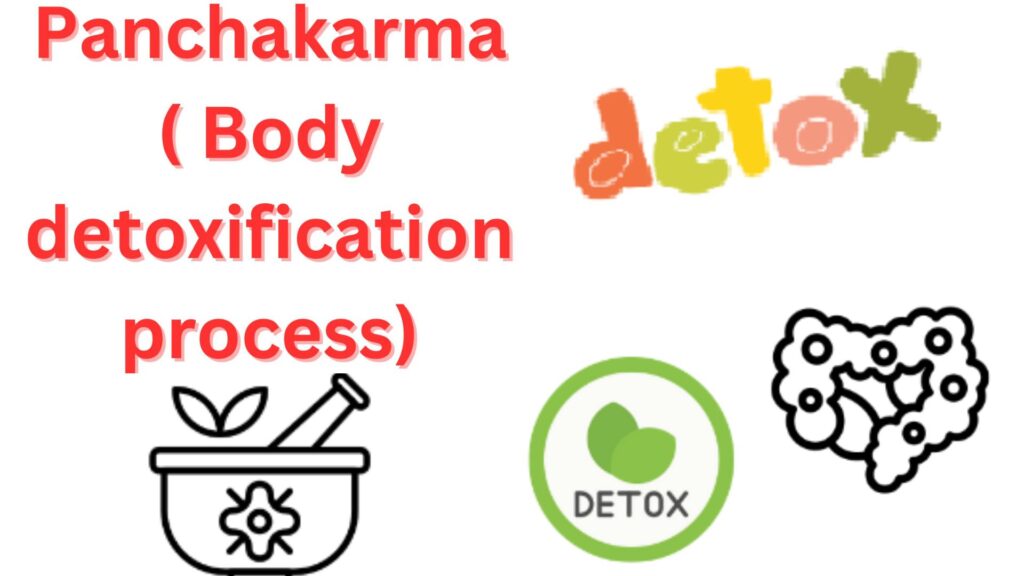
- Purifying and revitalizing, Panchakarma is an Ayurvedic therapy that seeks to balance and detoxify the body.
- Depending on the demands of each patient, specialized treatments including medicated enema (Basti), purgation (Virechana), and nasal administration of medicated oils (Nasya) may be suggested.
5. Yogasan and meditation:

Asanas (postures) and pranayama (breathing exercises) can help lower stress, enhance blood circulation, and balance hormone levels, all of which may have a positive effect on fertility. Relaxation and meditation can also help lower stress and improve mental health.
Disclaimer: Before beginning any Ayurvedic treatment plan, it is imperative to speak with a licensed Ayurvedic practitioner. This is because personalized suggestions may differ depending on your constitution (dosha), underlying medical concerns, and general lifestyle. Furthermore, Ayurvedic remedies ought to be used in conjunction with traditional medical methods, particularly when infertility has been detected.

Very informative and point focussed approach. This will definately help people get right knowledge rather than google mis-directions.
Thank you for shedding light on this important topic. The information provided here is incredibly insightful and could be invaluable for individuals and couples navigating the challenges of male infertility. It’s encouraging to see such comprehensive coverage of the causes, symptoms, and potential treatments. This is a resource I’ll be sure to share with others who may benefit from understanding more about this often overlooked issue. Looking forward to reading more from your blog
Very informative article. Thank you for sharing the information. Regs